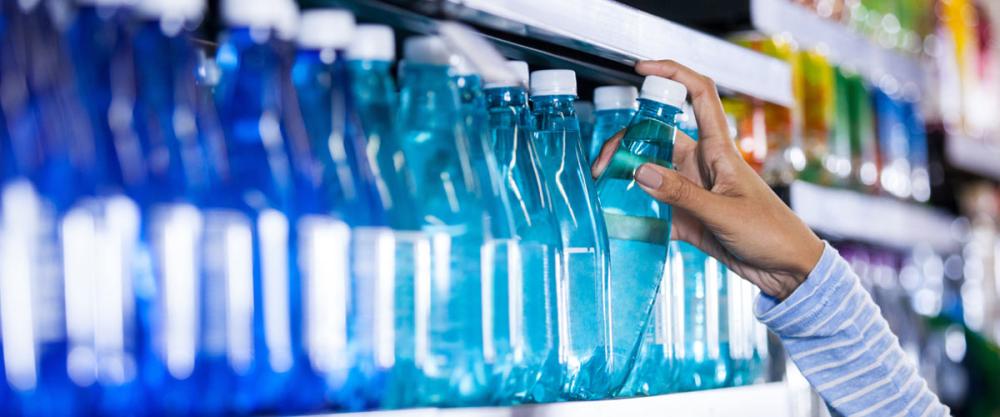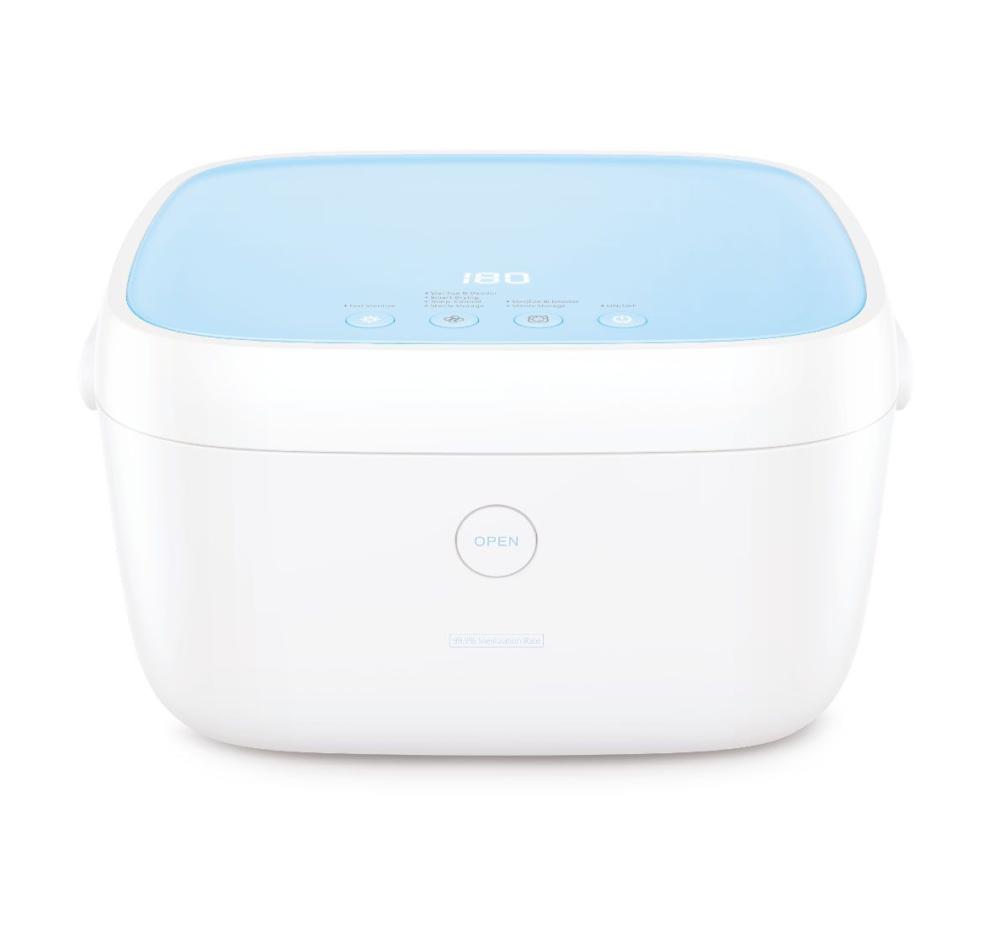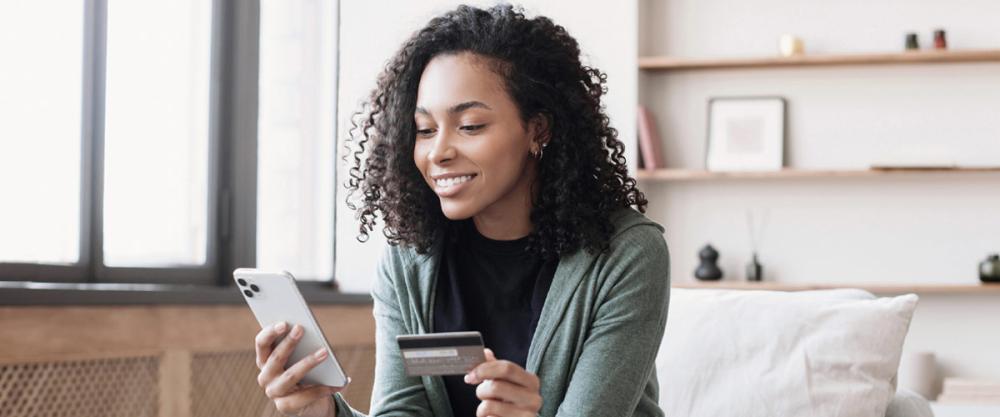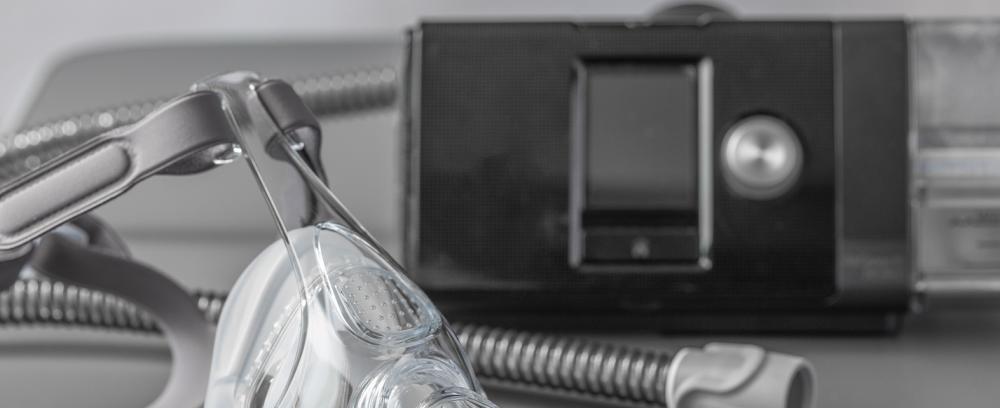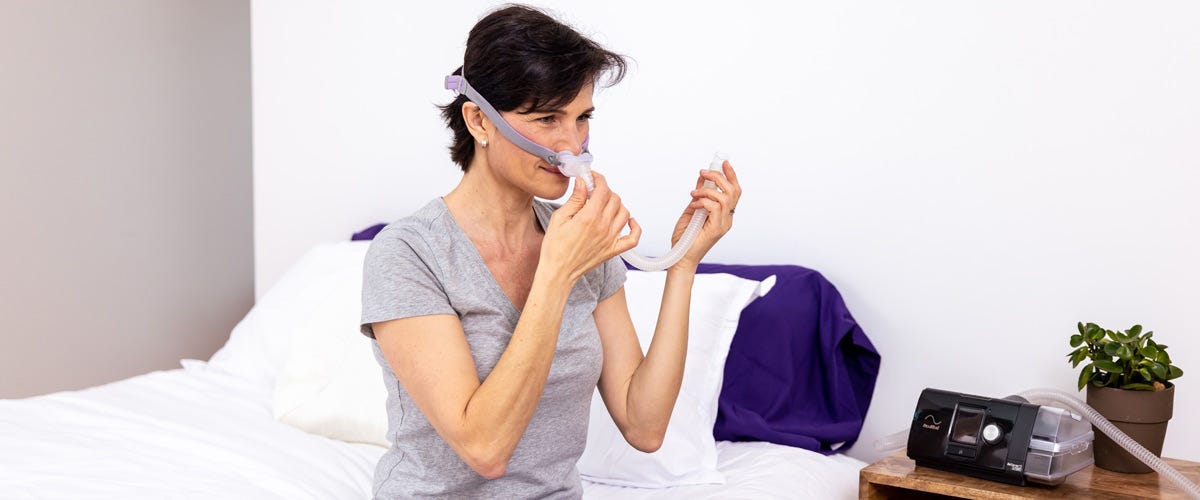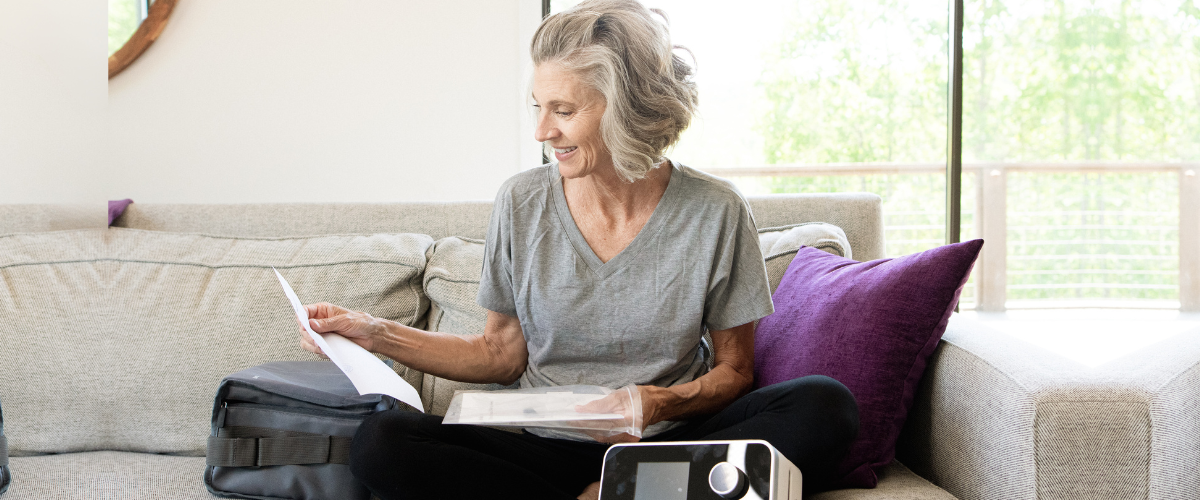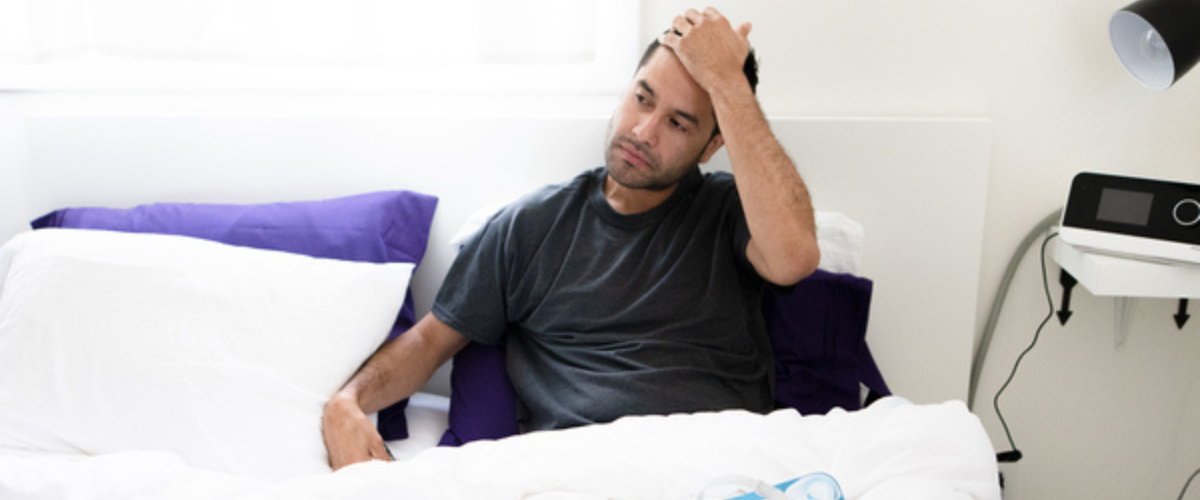Tap water is the default for most CPAP users when they go to fill up their humidifier water chambers. But CPAP manufacturers and clinicians recommend that patients use only distilled water. It may seems like an inconvenience, but it’s really not, and it’s definitely worth it! Read on to find out why.
Why Use a CPAP Humidifier?
People with obstructive sleep apnea (OSA) often find that humidification is the key to making CPAP therapy comfortable, especially during winter months. A humidifier vaporizes the water in the chamber and CPAP tubing, flowing into your airways to prevent common CPAP side effects like dry mouth. It can help break up congestion when you have a cold or allergies. And during times of year when it's cold outside and the heat is blasting full time, humidification combats the excess dryness in the air and moisturizes inflamed sinuses.
If the airflow feels too cold, or if condensation builds up inside the tube, you may need to add some heat to the equation. You can do this by using a heated humidifier or adding heated tubing to a regular humidifier. Many CPAP machines now come with heated humidifiers built in, like the ResMed Airsense 10 Card to Cloud. You can also purchase heated tubing, like the ResMed ClimateLine, to use with your existing humidifier. Using both in conjunction with each other may be too much heat.
Another added benefit to using heated tubing: it helps to keep your CPAP mask and tubing free of excess moisture, which can prevent bacteria growth.
Why You Shouldn't Use Tap Water in Your CPAP Humidifier
Different states in the U.S. have different regulations when it comes to tap water purification, as do different countries around the world. While standard water from the tap is safe for public consumption in most places (though it varies widely), it carries trace contaminants. Tap water contains mineral deposits, microbes, and germs that you don't want to risk breathing in. Overtime, these contaminants can also build up on your supplies and damage your CPAP tubing and motor. Distilled water should be the only water placed in the water chamber for use. Using poor quality tap water can lead to a runny nose, sore throat, and even bacterial infections and allergies for some people, especially if you’re allergic to mold spores.
Can I Use Boiled or Filtered Water?
Boiling water won’t completely eliminate minerals or chemical contaminants, even though it will kill microbes, mold spores, and bacteria. But the water will still remain hard, meaning it contains minerals such as calcium, iron, magnesium, and others. High mineral content leads to limescale buildup within the water tub and tubing, similar to the way your shower head can get limescale buildup if you have hard water.
Similarly, filtered water is not pure enough for use in CPAP. A home filter will remove some of the contaminants and improve the taste and smell, but it’s not up to par for use in a CPAP. Mineral content will remain.
Can I Use Bottled Water?
There are a few different types of water within the bottled water category: spring water, filtered water, purified water, and mineral water. None of these will be truly free of impurities, and most of them have water that has been ‘remineralized’ once purified, (especially the aptly name ‘mineral water.’) As we know, overtime, mineral build up can damage your machine’s motor and tubing. It is safer for you than tap water though, so you can use it once or twice if you’re in a pinch.
The last type of bottled water we’ll cover is distilled water, which is also sold at your grocery store. This is the one you want! BUT it’s still important to read the label to make sure no minerals have been added back to it. Who knew bottled water could be so confusing?
Why Is Distilled Water the Best for CPAP?
Unlike the purification process for types of water, the distillation process actually physically separates the water from the contaminants and minerals. To make it, water is heated past its boiling point and the vapor is captured and cooled. The condensation that forms is distilled water, which is collected and distributed in water bottles and jugs.
You can also make distilled water at home. This can be a pretty easy process, but is not up to the same standards as a reliable, consistent process carried out in a distillation facility.
High water quality will keep your CPAP machine running smoothly. You'll get the most value out of your machine and the most benefit from your CPAP therapy.
Pro tip: if you have been using tap water for your CPAP humidification for a while, most likely you have some limescale buildup that can’t be scrubbed away. Soak the chamber in a solution of 1 part vinegar and 3 parts for about 20 minutes then thoroughly rinse it with distilled water and air dry. And remember, only distilled water from here on out!
What Water Should I Use When Traveling?
If water seems unsafe to drink then it’s not safe to inhale. Do not use tap water when you’re traveling. Purchase distilled water if available at the local grocery store, or better yet, bring it with you! You can pack it (securely) in your checked luggage if flying. Just be generous with the padding and pack the water bottles within a hard case if possible. You don’t want to end up with a suitcase full of wet clothes when you arrive!
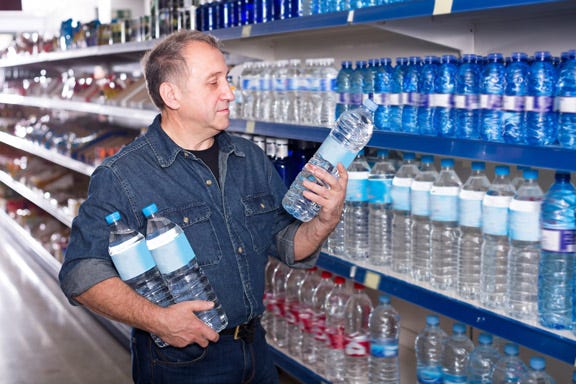

Cleaning Your CPAP Humidifier
Not only is it important to keep you water tank clean, but keeping all of your CPAP equipment clean is crucial to help you get better sleep. Additionally, if you don’t follow the CPAP device manufacturer recommendations and it leads to performance issues, you could void the warranty. Find out more and get complete directions on cleaning your CPAP supplies effectively.
To keep your humidifier clean:
- Change water daily to prevent bacteria from collecting in stagnant water.
- Clean your CPAP water chamber once a week by carefully removing it from the machine to wash with warm, soapy water. Allow it to fully air dry before putting it back.
- Some CPAP humidifiers are dishwasher safe; refer to your product manual to be sure. Air dry.
- You can also a CPAP cleaner like the Paptizer for extra peace of mind. A sanitizer will kill up to 99.9% of bacteria quickly and efficiently.
- Replace your humidifier on a regular basis according to your supply schedule. Generally, they should be replaced every six months.

